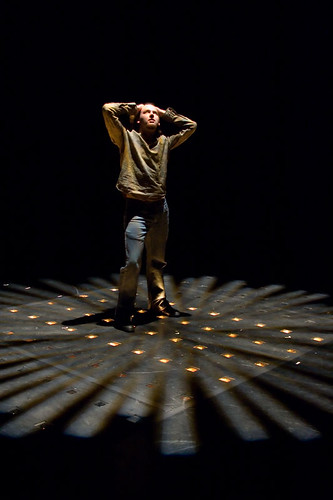 Many things have changed in our societies over the generations, and especially in the last century & a quarter. In some instances it may be a good thing, but in many it's not so good. One of those things that i have noticed that has been lost by our society is the traditional ritual of coming of age or the rite of passage. This is a point in a person's life in which they make a transition from one stage of life to another. In this case from childhood to adulthood. It includes a ritual in which one who has been considered unable to make responsible decisions on their own and unable to be involved in the decision making process for others goes through a ritual (often through a physical, mental, or possibly academic trial) and when successful is considered an adult. They are treated like adults and expected to act as adults as well. Many times as a part of this process they are mentored by older men or women to prepare them for their expected roles as men & women, husbands & wives, workers & homemakers, etc in adulthood.
Many things have changed in our societies over the generations, and especially in the last century & a quarter. In some instances it may be a good thing, but in many it's not so good. One of those things that i have noticed that has been lost by our society is the traditional ritual of coming of age or the rite of passage. This is a point in a person's life in which they make a transition from one stage of life to another. In this case from childhood to adulthood. It includes a ritual in which one who has been considered unable to make responsible decisions on their own and unable to be involved in the decision making process for others goes through a ritual (often through a physical, mental, or possibly academic trial) and when successful is considered an adult. They are treated like adults and expected to act as adults as well. Many times as a part of this process they are mentored by older men or women to prepare them for their expected roles as men & women, husbands & wives, workers & homemakers, etc in adulthood.This tradition is one that appears to have become either entirely lost or simply ritualistic in nature with no real change in status or expectations for the individual coming of age. As a result it appears that with no defining line or set expectations children becoming adults may take less responsibility for their actions and have lower expectations for themselves. Added to that, the declining in the age of puberty & society's laxing of parental controls & sexual limitations creates a breeding ground for destructive lifestyles continuing through life.
Could reestablishing some of the more traditional rites of passage, with the proper mentoring & training, and placing greater and more defined expectations on those who complete it make a difference in some of these problems? Would it help to prepare our young people for adulthood? If so, what would it look like, and how could it be done? Just something to think about.
Image from ickna used under cc license.




No comments:
Post a Comment